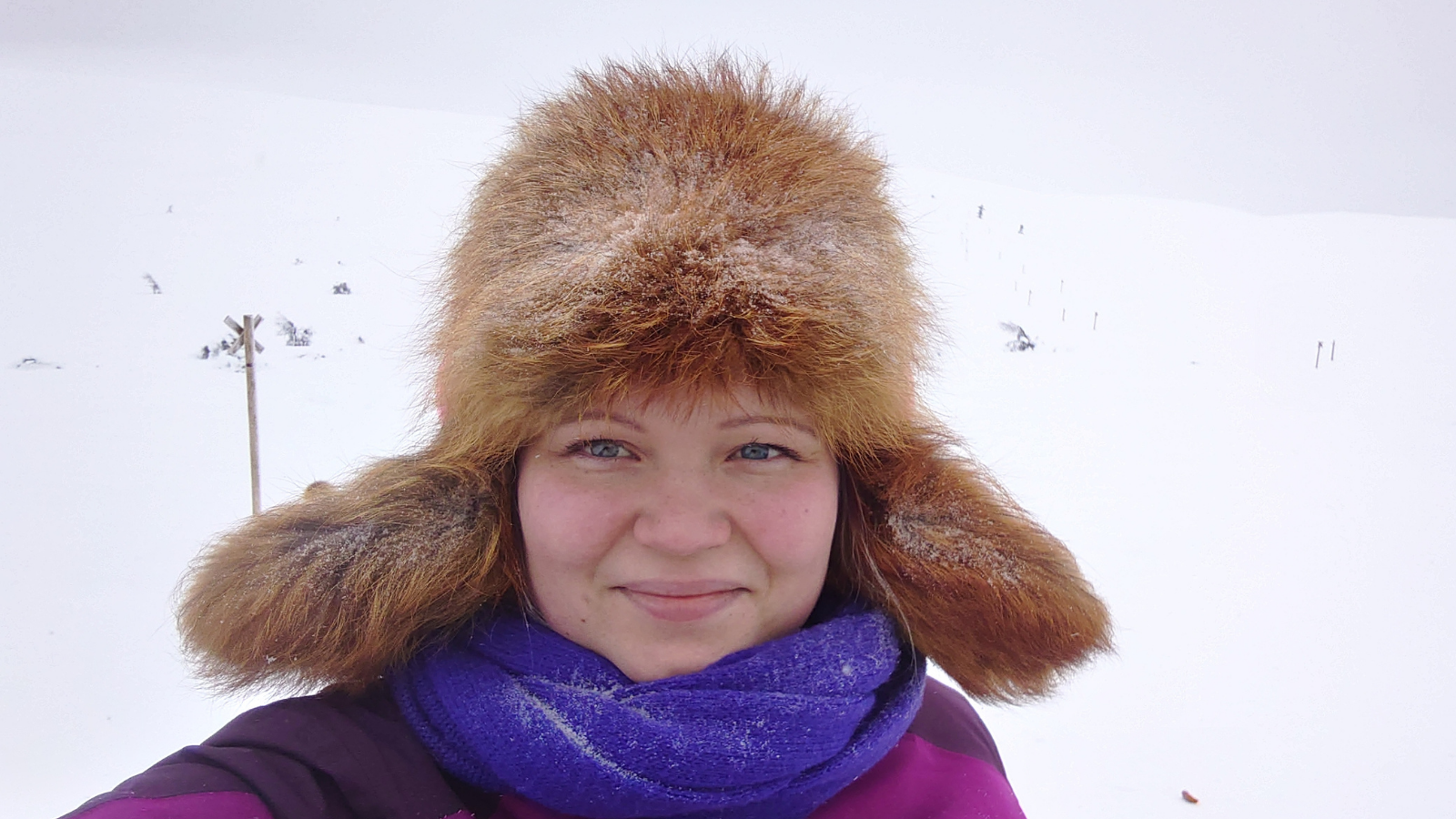March 10, 2021
“Even before completing my studies, I knew that I wanted to work at the Kittilä mine,” says automation engineer Taru Sieppi. She is originally from Kerässieppi, in Muonio, and her grandmother lived in Rouravaara, which is very close to the mine.
After graduating, Taru wanted to remain in her home region. These days, she lives in the village of Raattama with her partner and their five-year-old son Sampo, with the drive to work being about an hour and a half long at its worst. Three hours of driving each day is a strain, and it also means having to spend more time away from her family and hobbies.
“In response to the coronavirus pandemic, we have tested working remotely, and it has been brilliant both in terms of the work itself and for the family and leisure,” says Taru, continuing, “I’ve found that I can work more efficiently and I’m less tired without the long commute. I also have more time with my child. It’s wonderful!”
Agnico Eagle has started planning for the “new normal” after the pandemic, and at the Kittilä mine these plans include extending the opportunities for remote work on tasks for which it is feasible.
Having worked for Agnico Eagle since 2010, Taru knows the Kittilä mine well. Before coming to Kittilä, she completed high school and obtained a vocational qualification in electrical engineering. She went on to study automation engineering at Oulu University of Applied Sciences. “I started off in the information-technology program but switched to automation engineering when I realized that there were more job opportunities there,” says Taru.
Even though there is a shortage of automation engineers and work is easy to find, she has decided to obtain additional qualifications via the civil- and construction-engineering program at the university of applied sciences. She says, “My studies in house-building and energy technology complement my degree, and I can put my new skills to good use for various projects at the mine in which I’ve participated since the beginning of my career.
“My employer supports my studies by offering me one paid study day per month,” adds Taru.
Taru’s partner has a reindeer farm, but Taru isn’t involved in running it. The annual cycle of agriculture and animal husbandry still affects her day-to-day life, though, when calf-marking, reindeer round-ups, checking up on grazing reindeer, and feeding the reindeer in the winter keep her partner busy.
“I run things at home when my partner is spending his days in the forests, leaving early in the morning and returning late in the evening. Reindeer husbandry is a communal activity. The whole village gathers around the paddock – reindeer husbandry is a way of life,” Taru says.



Leave A Comment